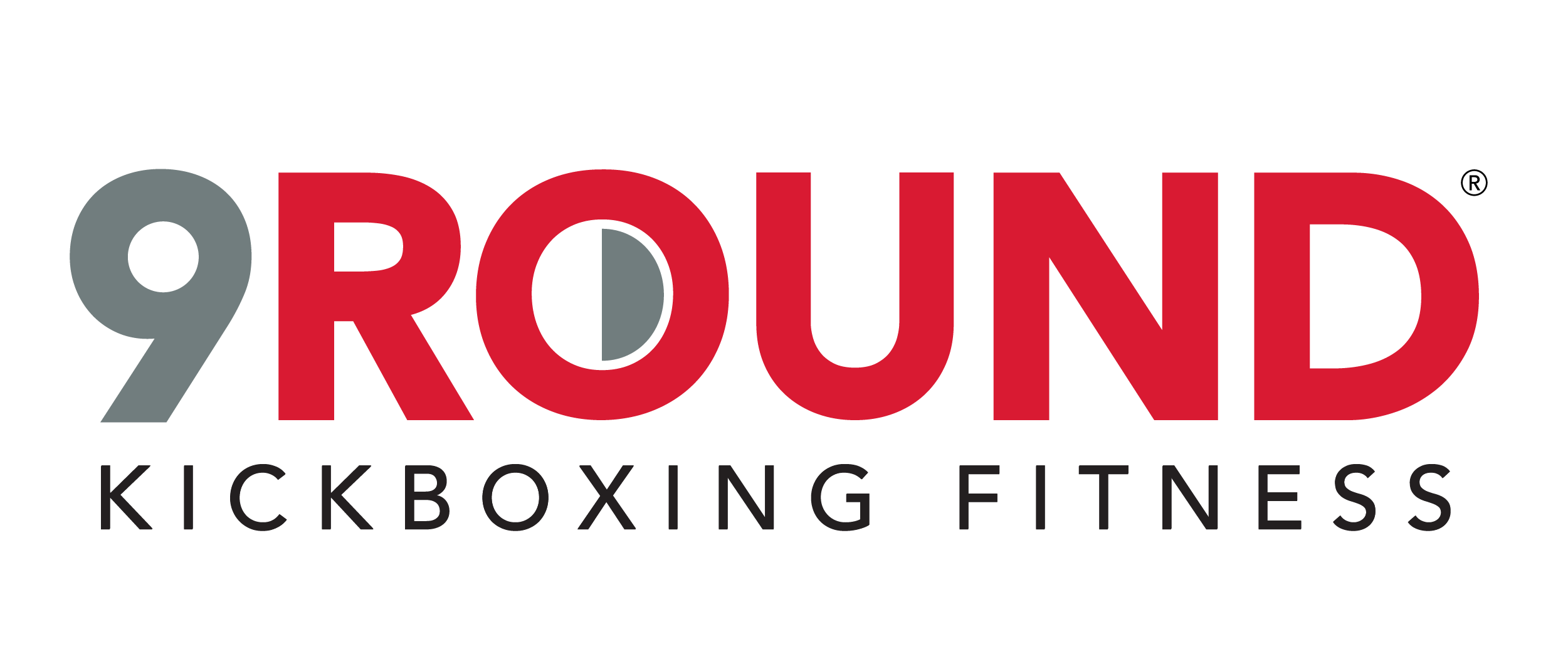Discover the power of calorie deficits for effective weight loss and achieve your fitness goals.
Sustainable Nutrition: Building Long-Term Healthy Eating Habits
Nutrition, particularly when it’s labeled as “dieting,” can be a polarising topic. Most people have a general idea of what constitutes healthy eating—fruits, vegetables, lean proteins, and whole grains—versus foods that should be consumed in moderation, like sweets and processed snacks. Yet, despite this knowledge, many of us find ourselves struggling to stay consistent with our nutrition. The reasons are often practical: cost, convenience, and lack of time. However, when it comes to achieving common health and fitness goals, nutrition plays a pivotal role in determining success.
The key to progress is to develop a sustainable plan that aligns with your goals and lifestyle. Your goals should guide your nutritional strategy. For example, if weight loss is your objective, aim to operate at a calorie deficit while consuming nutrient-dense foods that support energy and well-being.
While staying consistent can be challenging, it’s important to remember that the ultimate aim is to become a healthier version of yourself. Progress requires consistency, but perfection is not necessary.
Finding the Right Nutrition Plan for You
There’s no one-size-fits-all approach to nutrition. Each person’s needs and goals are unique, so it’s essential to choose a plan that is both sustainable and effective for you. The key is to focus on building a lifestyle, not following a short-term fad. While fad diets may deliver quick results, they are often unsustainable, leading to frustration and the reversal of progress. Instead, aim for lasting changes that become part of your daily life.

Here are some tips to guide your approach:
1. Define Your Goals: Your goals will shape your nutritional strategy. For example, weight loss requires a calorie deficit, while muscle gain may involve a calorie surplus and higher protein intake.
2. Align with Your Lifestyle: Find a plan that works not just for you, but also for your family. Preparing separate meals for yourself can be time-consuming and demotivating.
3. Be Realistic: Acknowledge that slip-ups happen and plan for them. Perfection isn’t required—progress is.
4. Allow Flexibility: Adopt a balanced approach, such as the 80/20 rule: 80% of your meals are healthy, and 20% can include treats or indulgences.
5. Focus on Sustainability: Think long-term. A good plan allows for occasional deviations while maintaining a consistent framework for success.
My Personal Nutrition Plan
If you’re like me and love food, balancing indulgence and discipline can feel tricky. I have a sweet tooth and could easily finish a packet of candy or a plate of dessert in one sitting. But I know sugar is something I need to limit—especially as my goal is weight loss. Here’s what has worked for me:
1. Time-Restricted Eating: I follow a 16-18 hour fasting window daily, with meals typically between 12 p.m. and 7 p.m. While I sometimes deviate from this schedule, I stick to it most days.
2. Minimising Added Sugar: I avoid sugary snacks and opt for savoury foods instead. For the occasional treat, I choose lower-calorie options like Halo Top ice cream.
3. Maintaining a Calorie Deficit: I track my meals using the FatSecret app to ensure I stay within my calorie goals. While I don’t measure food to the gram, I aim for accuracy and adjust my activity levels to compensate for higher-calorie days.
4. Balanced Meals: I prioritise whole foods, including vegetables, fruits, lean proteins, and healthy fats like nuts and cream in my coffee. I limit processed carbs but don’t eliminate them entirely.
5. Allowing for Flexibility: Social occasions are important to me. I stick to my plan most of the time but enjoy occasional indulgences, like a meal out or even fast food after a game.
6. Daily Exercise: While not directly a nutrition goal, staying active helps me maintain a calorie deficit and supports my overall well-being.
This approach has been simple, sustainable, and easy to integrate into my family’s routine. By focusing on balance and flexibility, I’ve found a plan that works for the long term.
Final Thoughts
Nutrition is about more than just achieving short-term goals—it’s about creating a lifestyle that supports your health and happiness. Be honest with yourself, adapt when needed, and allow room for enjoyment. Consistency, not perfection, is the foundation of lasting success. Whether you’re at the start of your journey or refining your current plan, remember that every small step brings you closer to becoming a healthier, more vibrant version of yourself.




